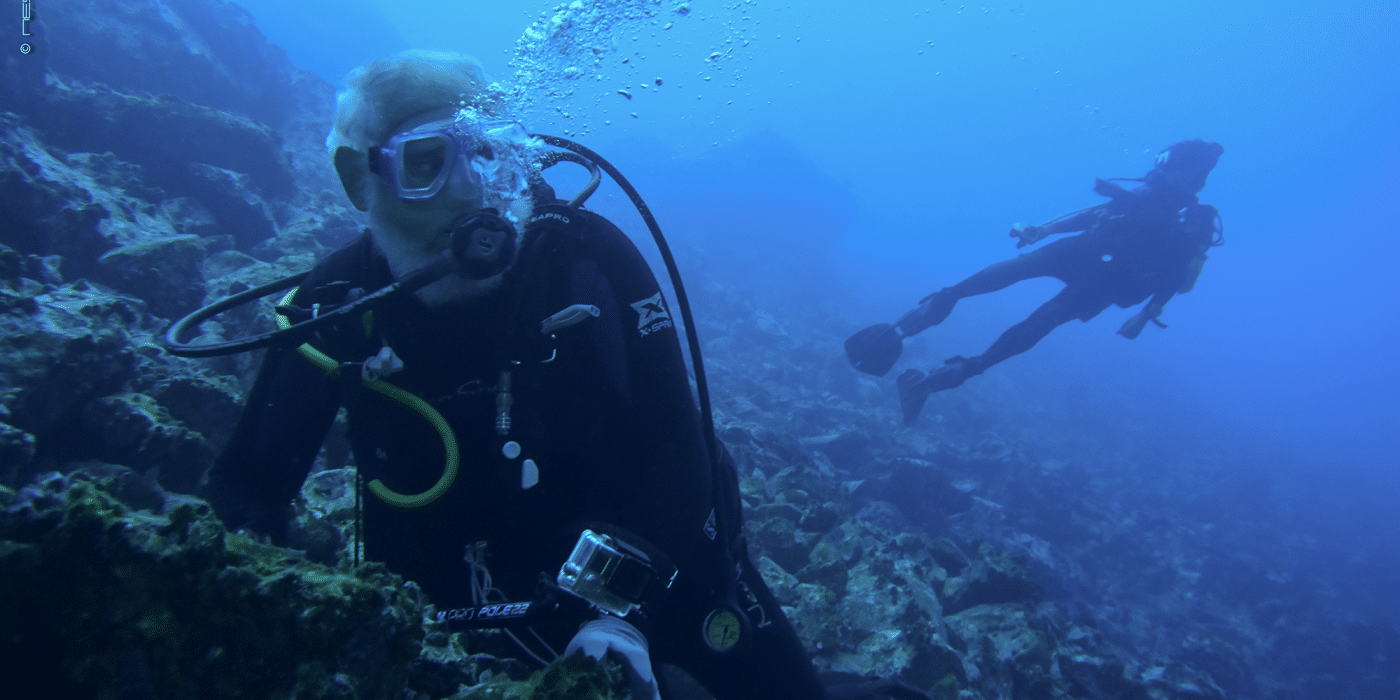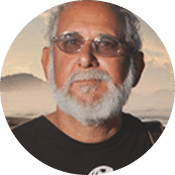Wildlife activist and biologist Todd Steiner founded Turtle Island Restoration Network in 1987 to protect marine species and promote ocean health. We spoke with him about why marine protection is essential for a healthy planet.
Parvati Magazine: Tell us about Turtle Island Restoration Network! What inspired you to start advocating for marine species and dedicate your life to protecting sea turtles?
Todd Steiner: Turtle Island Restoration Network believes the wellbeing of marine species, including sea turtles and salmon, is linked to the wellbeing and future of all life on Earth. We’re dedicated to protecting marine species and restoring ocean ecosystems. The oceans cover over 70% of the planet but so much of the destruction occurs underwater and far at sea and thus remains out of sight and out of mind.
Our mission is to educate and inspire people to take swift and decisive action to protect and restore marine species and their habitats, and sea turtles provide a strong and compelling vehicle for positive action. Though sea turtles spend the vast majority of their lives at sea, they return to land to nest – thus bringing their endangered plight and that of the oceans into human consciousness. They are ancient and mysterious, giant and gentle, and these coupled with their endangered legal status provide a strong way to focus energy on protecting the marine environment.
I believe the future of sea turtles is intricately tied to the future of the planet and the wellbeing of humans. What is good and healthy for sea turtles is good for us and all living things.
Over the past 30 years we have helped save hundreds of thousands of sea turtles, other species and marine habitats from the destructive forces of industrial fishing, habitat modification and pollution.
PMAG: Why is marine life so key for all life on the planet?
TS: Oceans produce most of the Earth’s oxygen, sequester carbon, regulate climate, and some species like sea turtles naturally reverse the flow of energy bringing nutrients from the sea back to land in the form of protein and minerals eaten by the myriad of wildlife species that rely on sea turtle eggs and meat. Of course fishing also reverses this flow for humans by providing humans with nutrition. Human civilization has always flourished at the land-sea interface.
PMAG: How do you ensure changes being made to aid marine habitats are long-term as opposed to stopgap solutions?
TS: By being vigilant. I believe David Brower, a founder of the modern environmental movement and important mentor of mine, said something like – environmental victories are temporary, only defeats are permanent.
PMAG: Do any achievements resonate more deeply with you than others? What would you describe as your greatest achievement to date?
TS: We ended the largest last commercial slaughter of an endangered species when we compelled Mexico to close the notorious sea turtle slaughterhouse in 1990 that was killing over 50,000 turtles per year and finally end all legal harvest of sea turtles in that country. We compelled legal action that resulted in more than a score of nations implementing turtle excluder devices on shrimp nets, preventing the drowning of tens of thousands of turtles and reducing other bycatch from this wasteful fishery; we closed the California longline fishery and required major reforms of the Hawaii longline fishery. We have helped create marine protected areas from California to Texas to Nicaragua.
PMAG: We are becoming more aware of how human activity degrades our oceans. As a result, there is a growing desire to help reduce our impact. What can we do in our daily lives to help mitigate ocean degradation?
TS: Political action is key. We must effectuate policies that prevent destructive fishing practices that empty our oceans and threaten ecosystem function, that allow the oceans to be trash receptacles for our toxic wastes, and destroy coral reefs, coastal dunes and sea grass meadows that support life. That means we must support and vote for candidates that share our values, and hold all politicians accountable for their actions that threaten healthy ecosystems.
On a personal level, we can all pledge to reduce our use of fossil fuels, plastics and chemicals; we can reduce our “carbon footprint,” eat lower on the food chain and reduce (or eliminate) our seafood consumption. We can educate our family, friends and colleagues and we can volunteer and financially support organizations that share our values.
Todd Steiner is an ecologist and the founder and executive director of Turtle Island Restoration Network, an ocean advocacy and research NGO with offices in California, Texas and Hawaii. He has more than 30 years’ experience in environmental protection and education.












